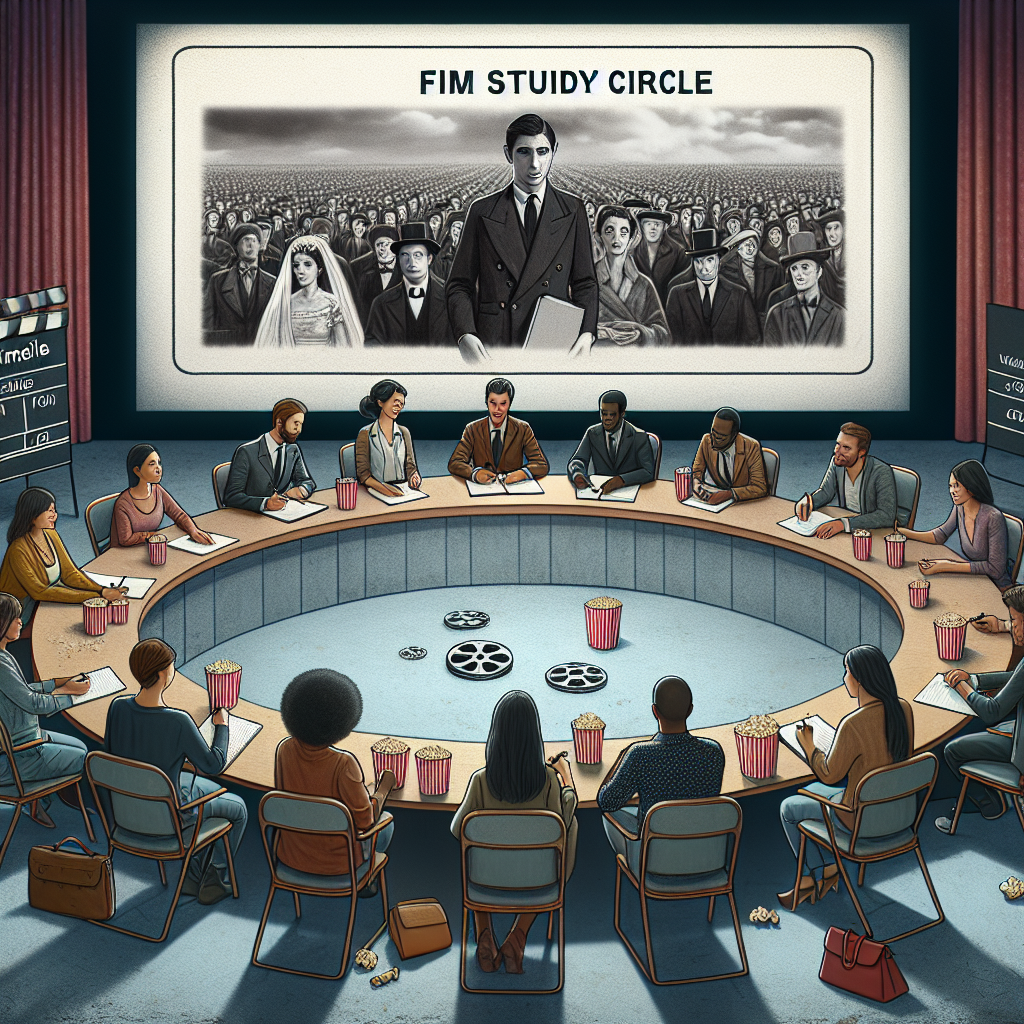Navigating Dreams Amidst Apartheid: 'Laundry' Unfolds a Compelling Tale
South African director Zamo Mkhwanazi's film 'Laundry' explores the difficult choices faced by Black people under apartheid. Set in 1968, it follows a Black family running a laundry in a white-only neighborhood, focusing on Khuthala Sithole, a young musician torn between dreams and reality in oppressive times.

South African director Zamo Mkhwanazi steps into the spotlight with her debut feature film, 'Laundry', featured at the Toronto International Film Festival. Rather than focusing on apartheid's history, Mkhwanazi paints a poignant picture of life under a ruthless regime, highlighting the tough decisions Black communities had to face.
'Laundry' is rooted in 1968, chronicling the journey of a Black family operating a laundry service in a whites-only area. The narrative centers around Khuthala Sithole, a youthful rebel with aspirations of global travel as a musician, intertwined with local dynamics and cultural tensions.
Mkhwanazi emphasizes the enduring impact of apartheid's constraints, even as South Africa progresses towards greater equality. She notes, 'This film has been a decade in the making, and its themes are incredibly relevant today.' Despite post-apartheid strides, South Africa continues grappling with inequality, a point underscored by ongoing international debates.
(With inputs from agencies.)










